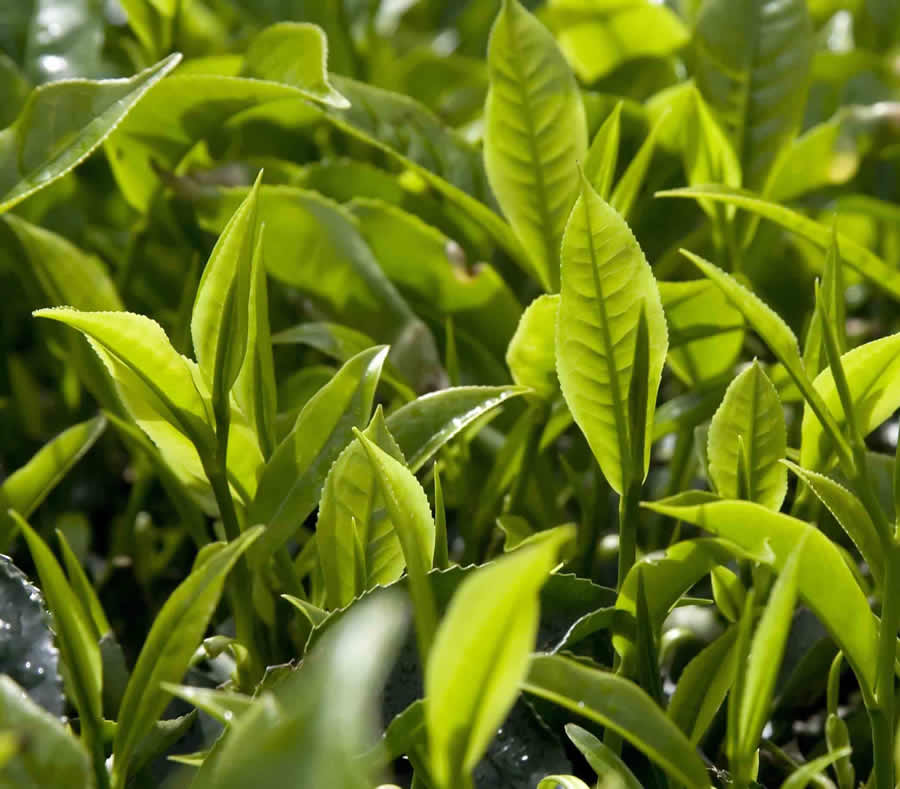 ONE BIOSPHERE
ONE BIOSPHERE 
| |
|
|||


ENVIRONMENTAL FORUM
Organic Agricultural Products
Organic farming is a form of agriculture that relies on crop rotation, green manure, compost, biological pest control, and mechanical cultivation to maintain soil productivity and control pests, excluding or strictly limiting the use of synthetic fertilizers and synthetic pesticides, plant growth regulators, livestock feed additives, and genetically modified organisms. Since 1990, the market for organic products has grown at a rapid pace, averaging 20-25% per year and achieved $33 billion in 2005. This demand has driven a similar increase in organically managed farmland.
Approximately 75.6 million acres worldwide are now farmed organically, representing approximately 2% of total world farmland. In addition, as of 2005 organic wild products are farmed on approximately 153.2 million acres.
The goal of organic farming is create an agricultural system that sustains the health of soils, ecosystems and humans. It relies on ecological processes, biodiversity and cycles adapted to local conditions, rather than the use of inputs with adverse effects. Organic agriculture combines traditional methods, innovation and science to create a sustainable environment and promote a good quality of life for all involved.
Soil Carbon and Climate Change
Worldwide agricultural production faces less predictable weather conditions to those that were experienced during the intensification of agriculture over the last century. Intensive agriculture is a short-term alternative. Organic agriculture is the only sustainable long-term approach to food production.
Because of its emphasis on recycling techniques, biodiversity, low external input and high level output make it an ideal replacement for the petroleum intensive agricultural methods that are contributing to global warming. Organic agriculture that emphasizes closed nutrient cycles, biodiversity, and effective soil management has the capacity to mitigate and possibly reverse the effects of climate change.
Organic Products
The term "organic product" is generally thought of as food grown without the assistance of man-made chemicals. The beginnings of the organic movement can be traced back to the early 1900's in response to the shift towards synthetic nitrogen fertilizers and pesticides in the initial stages of industrial agriculture. It was not popular for many years and sustained only by a small group of ecologically minded farmers.
Recently, environmental awareness has resulted in conversion to organic farming. Some governments, such as the European Union, have been encouraging organic farming through agricultural subsidization. Hence, organic production and marketing have grown at a rapid pace.
The term "organic" initially represented products that are produced without the use of synthetic pesticides, fertilizers or herbicides. We distinguish "processed" foods and "organic" foods because the nutritional value of non-organic foods has declined. Fruits and vegetables contain chemicals that were not intended to be consumed by humans.
We should consider the rise in cancer rates and heart disease. By adopting healthier lifestyle choices through consumption of organic products, we can actively pursue a more natural way of maintaining our health.
Current conventional farming methods require the use of pesticides to ensure a uniform appearance and shelf-life longevity. However, scientific study has revealed that the majority of the most commonly used pesticides in conventional agriculture are carcinogenic. The National Academy of Sciences has undertaken studies regarding the number of pesticide related cancer deaths on an annual basis.
Pesticides and herbicides deteriorate our water supply. According to the Environmental Protection Agency (EPA) pesticides contaminate the groundwater in the vast majority of states. In short, over half of the American waterways that constitute our primary drinking water sources are contaminated with harmful pollutants. These toxic chemicals enter our water supply and are absorbed by our soils that lose their nutrient levels and erode rapidly. On the other hand, organic practices are intended to protect the quality of the soil in order to maintain self-sustaining nutrient levels and soil stability.
Organic farms require substantial labor to produce organic products. Generally, organic farms are operated by families on farms having less than 100 acres. The soil and water supply maintains a balanced, natural ecosystem state. The U.S. food and beverage market is increasingly relying upon the benefits of organic foods and beverages.
The estimated annual growth rate of organic foods and beverages has been increasing between 20-24 percent each year since 1998 and is expected to continue to grow at this rate for several more years.
As a result of the increase in obesity, cancer or heart disease in the past twenty years or simply due to an elevation in consciousness, our society has been moving steadily towards creating a healthier lifestyle for our families.
Organic Food Standards
Organic agricultural methods are internationally regulated and enforced by many countries based on the standards set by the International Federation of Organic Agriculture Movements, an international umbrella entity for organic organizations established in 1972.
Organic foods are made according to certain production standards in which they are grown without the use of artificial pesticides and fertilizers, free from contamination by human or industrial waste and processed without ionizing radiation or food additives. Livestock must be raised without the use of antibiotics and growth hormones and are fed a healthy diet. In most countries, organic produce may not be genetically modified.
Organic food production is a heavily regulated industry distinct from private gardening. Currently, the European Union, the United States, Canada, Japan and many other countries require producers to obtain special certification in order to market food as organic. Historically, organic farms have been relatively small family-run farms. Organic food was originally only available in small stores or farmers' markets.
However, since the early 1990's organic food production has had growth rates of around 20% a year, far in excess of the remainder of the food industry, in both developed and developing nations. As of April 2008, organic food accounts for 1-2% of food sales worldwide. Future organic food growth is expected to range from 10-50% annually, depending on the country.

CONTACT US:

![]() Our Email: one@onebiosphere.com
Our Email: one@onebiosphere.com